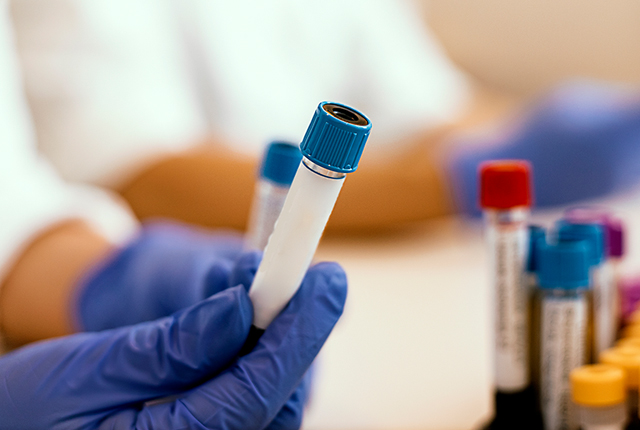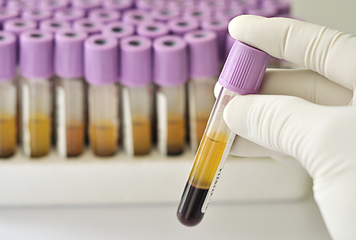Just the Facts: COVID-19 Antibody Testing

COVID-19 antibody tests have become a hot topic in recent weeks. These tests (also called serology tests) are becoming widely available and can reveal whether you’ve had the disease in the past. However, it’s important to understand the results of these tests can be suspect.
Although mass antibody testing is valuable from a data-tracking standpoint, there are continuing questions about the quality and accuracy of the individual results.
What is an antibody test?
The test itself is simple. After a blood draw, a pathologist or lab professional will inspect your specimen for antibodies – which are proteins the body develops to help fight infections. COVID-19 antibodies will be measurable in your blood if you’ve been infected by the new coronavirus and your body is responding.
But simply having these antibodies in your bloodstream doesn’t mean you’re recovered. And actually, a positive test may lead to false confidence as there’s currently no evidence of total immunity from the disease.
Should you request an antibody test?

“The clinical reason to get an antibody test is up in the air,” said Christine Nefcy, MD, FAAP, Munson Healthcare Chief Medical Officer. “Antibody tests can tell you if you’ve been exposed to the disease, but it won’t tell you what your immunity is or how long your immunity might last.”
So if you’re thinking about an antibody test, here are just a few things to consider:
- A positive antibody test doesn’t mean you’re immune.
The only conclusion you can draw from a positive antibody test is that you have contracted COVID-19 or a related coronavirus. Blood antibodies do not mean the disease can’t return. If you show symptoms a second time a viral test is typically necessary for confirmation.
- A negative antibody test is also inconclusive.
A negative test doesn’t mean you’re in the clear. You may still have an active infection because it takes a week or more for antibodies to develop. If you’re not showing symptoms, you could still be spreading the virus.
What should you do instead?
Although we’re learning more about COVID-19 by the day, our understanding of the disease is still in its infancy. There is no hard evidence of immunity even with a positive antibody test.
If you’ve recovered from COVID-19, continue to stay the course. Practice social distancing to minimize your chances of reinfection. Consider a plasma donation to help local patients with the most severe cases of the disease. You can find plasma donation eligibility details here..
If you’re experiencing symptoms of COVID-19, even if you’ve had the disease already, make sure to contact your primary care provider.
And if you are experiencing any warning signs of stroke or heart attack – or any emergency-like symptoms – call 911 immediately. Don’t risk it. Our healthcare team is still here for you, providing safe, expert, compassionate care.